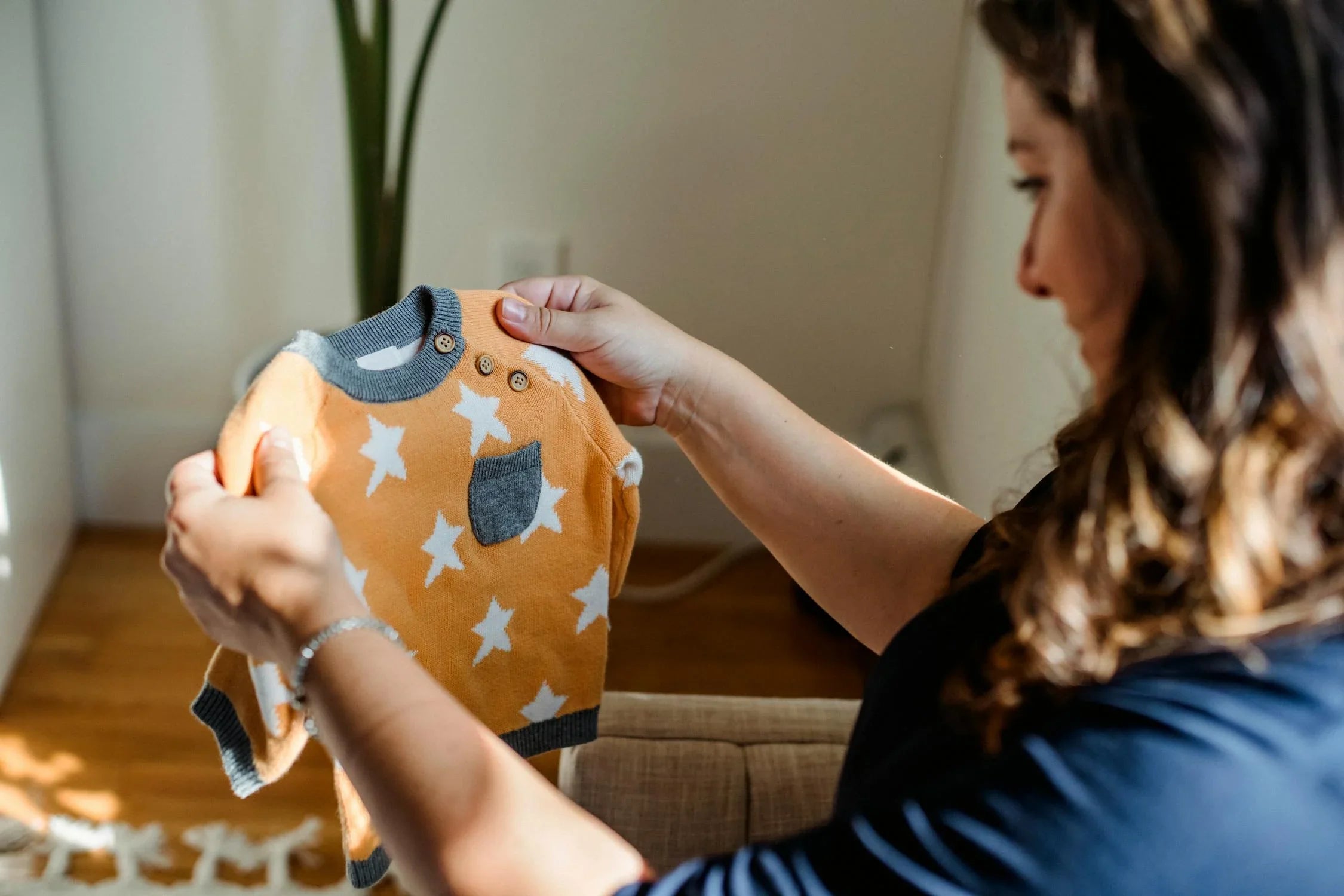Startseite
Pregnancy, Breastfeeding, and Pumping: The Ultimate Guide for Moms
When Can You Do Early Pregnancy Test: A Comprehensive Guide

When Can You Do Early Pregnancy Test: A Comprehensive Guide
When it comes to pregnancy, timing is everything. Whether you're eagerly hoping for a positive result or nervously awaiting confirmation, knowing when to take an early pregnancy test can make all the difference. This guide will walk you through the science behind early pregnancy tests, the best time to take one, and how to ensure accurate results.
Understanding Early Pregnancy Tests
Early pregnancy tests are designed to detect the presence of human chorionic gonadotropin (hCG), a hormone produced by the placenta shortly after a fertilized egg attaches to the uterine lining. This hormone is the key indicator of pregnancy and is what most home pregnancy tests are designed to detect.
How Do Early Pregnancy Tests Work?
Most early pregnancy tests are urine-based and work by detecting hCG levels in your urine. These tests typically come in the form of strips, midstream tests, or digital devices. The sensitivity of the test determines how early it can detect pregnancy. Some tests can detect hCG levels as low as 10 mIU/mL, making them highly sensitive and capable of providing results even before a missed period.
When Is the Best Time to Take an Early Pregnancy Test?
The timing of an early pregnancy test is crucial for accurate results. Here's what you need to know:
Before a Missed Period
Some early pregnancy tests claim to provide accurate results up to six days before a missed period. However, the accuracy of these tests can vary depending on the sensitivity of the test and the concentration of hCG in your urine. Testing too early can result in a false negative, so it's essential to follow the instructions carefully.
After a Missed Period
The most reliable time to take a pregnancy test is after you've missed your period. By this time, hCG levels are typically high enough to be detected by most home pregnancy tests. Testing in the morning, when your urine is most concentrated, can also increase the accuracy of the results.
Factors That Can Affect Test Results
Several factors can influence the accuracy of an early pregnancy test. Understanding these factors can help you avoid false positives or negatives.
hCG Levels
hCG levels vary from person to person and can be affected by factors such as the timing of implantation and the rate at which hCG is produced. Testing too early, when hCG levels are still low, can result in a false negative.
Medications
Certain medications, such as fertility drugs, can affect hCG levels and lead to false positives. If you're taking any medications, it's essential to consult with your healthcare provider before taking a pregnancy test.
Test Sensitivity
The sensitivity of the test plays a significant role in its accuracy. Tests with higher sensitivity can detect lower levels of hCG, making them more reliable for early testing.
Tips for Accurate Results
To ensure the most accurate results from your early pregnancy test, follow these tips:
Read the Instructions Carefully
Each pregnancy test comes with specific instructions. Make sure to read and follow them carefully to avoid errors.
Test in the Morning
Testing first thing in the morning, when your urine is most concentrated, can increase the accuracy of the results.
Wait for the Right Time
While it can be tempting to test as early as possible, waiting until after a missed period can provide more reliable results.
What to Do After a Positive Result
If your early pregnancy test comes back positive, it's essential to confirm the results with a healthcare provider. They can perform a blood test, which is more accurate than a urine test, and provide guidance on next steps.
Schedule a Doctor's Appointment
Once you've received a positive result, schedule an appointment with your healthcare provider to confirm the pregnancy and discuss prenatal care.
Start Taking Prenatal Vitamins
Prenatal vitamins are essential for the health of both you and your baby. Start taking them as soon as you confirm your pregnancy.
What to Do After a Negative Result
If your early pregnancy test comes back negative but you still suspect you might be pregnant, consider the following steps:
Wait a Few Days
If you tested before a missed period, wait a few days and test again. hCG levels double every 48 to 72 hours, so waiting can increase the chances of an accurate result.
Consult a Healthcare Provider
If you continue to experience pregnancy symptoms but receive negative test results, consult with a healthcare provider. They can perform additional tests to determine the cause of your symptoms.
Knowing when to take an early pregnancy test can save you from unnecessary stress and provide you with the answers you're looking for. By understanding the science behind these tests, the best time to take them, and how to ensure accurate results, you can approach this important moment with confidence. Whether you're hoping for a positive or negative result, being informed is the first step toward making the best decisions for your health and future.
Teilen


